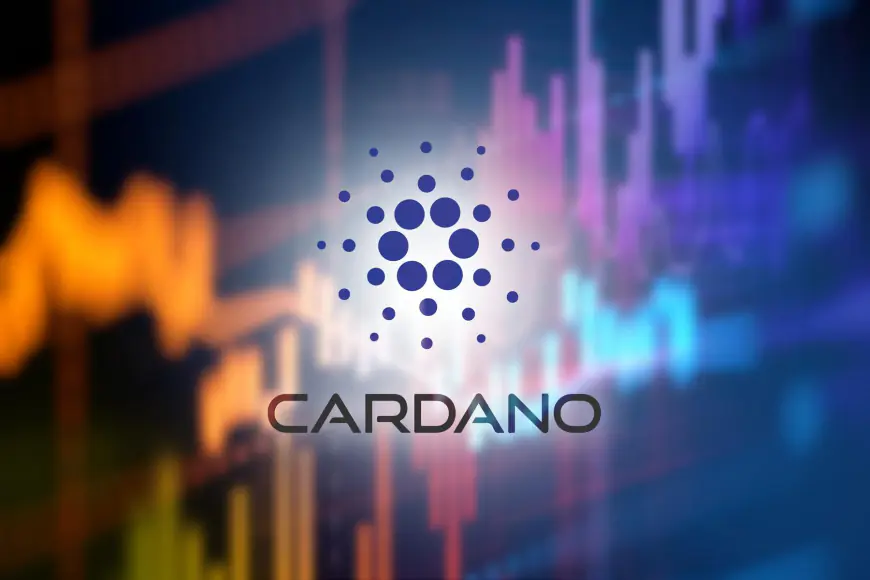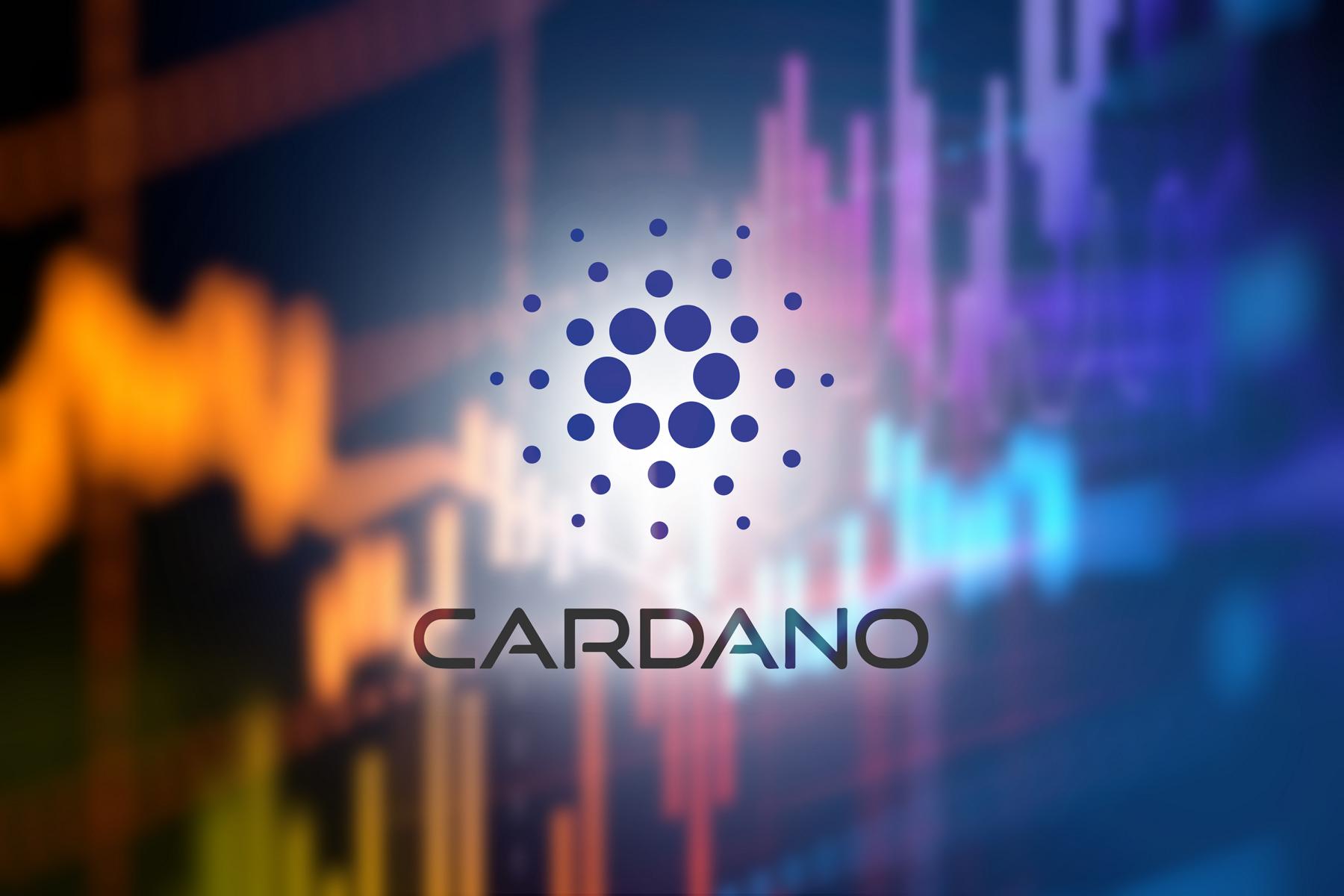Cardano Set for Performance Boost: Hoskinson Backs Proposal for Composability and Multi-Token Fees
Cardano aims to evolve with a developer proposal to address user “Intent.” Chang Hardfork and other upgrades complement Cardano’s evolution. Charles Hoskinson, founder of the Cardano blockchain, has pledged support for a recent proposal to elevate the network’s performance. The proposal specifically focuses on introducing a tool to allow users to pay transaction fees with [...]


- Cardano aims to evolve with a developer proposal to address user “Intent.”
- Chang Hardfork and other upgrades complement Cardano’s evolution.
Charles Hoskinson, founder of the Cardano blockchain, has pledged support for a recent proposal to elevate the network’s performance. The proposal specifically focuses on introducing a tool to allow users to pay transaction fees with various tokens besides ADA.
Developer Puts Forth Key Cardano Proposal
Earlier this week, core developer Andrew Westberg proposed tackling prolonged issues on the blockchain. This proposal could alter Cardano’s approach to managing transactions and smart contracts. Westberg’s proposal revolves around the concept of intent related to Cardano’s eUTxO (Extended Unspent Transaction Output) model.
The developer explained on GitHub that many blockchain users often submit transactions without fully specifying all the details. He cited an example using market orders, where users do not specify the exact price they are willing to pay for an asset. This leaves the price open for another system to determine.
These incomplete or partial actions, often called “intents,” present challenges, especially in Cardano, which is known for its strict rules and deterministic nature. Unlike Ethereum, where smart contracts can change a transaction’s outcome during confirmation, Cardano’s protocol requires all transaction details to be disclosed upfront.
This approach ensures the predictability and security of the blockchain platform. Westberg, however, noted that it restricts flexibility, particularly in circumstances where non-determinism, the capacity to change transaction details in real-time, is desired.
Westberg proposed developing a system that allows users to express their “intent” to bridge this gap. He also proposed having the network match and fulfill these intents efficiently, whether on-chain or off-chain. This would make the process more flexible and user-friendly while maintaining the security that Cardano is known for.
In an X post, Westberg urged the protocol developers to prioritize the proposal as it gives the community composability and BabelFees.
“It allows the eUTxO model to shine and pack the hell out of transactions with tons of useful work,” Westberg added.
It is important to note that the Babel Fees feature enables users to pay transaction fees using various tokens, not just ADA. In response to Westberg’s post, Hoskinson commented, “Andrew is correct. It’s a long overdue enhancement that will massively improve Cardano.”
His endorsement emphasizes the importance of the proposed enhancements for the protocol’s future development.
The Focus on Ecosystem Upgrades
Meanwhile, Westberg’s proposal follows several ecosystem developments implemented by Cardano. For instance, Cardano unveiled new releases to the Hydra scaling solution in April.
CNF reported that the new version supports cardano-node v.8.9.0 and integrates the Conway block format. Hydra, Cardano’s layer 2 scaling solution, aims to increase transaction speed by offering high throughput, low latency, and the lowest costs.
Subsequently, the blockchain unveiled the Ouroboros Leios consensus mechanism and the Chang hard fork upgrade. The Ouroboros Leios upgrade, which was recently launched, helped Cardano enhance transaction efficiency and scalability, as noted by CNF. On the other hand, the Chang hard fork upgrade introduced Cardano to decentralization governance.
Overall, these advancements, including Westberg’s proposal, are anticipated to strengthen Cardano’s position as a leading blockchain platform.
What's Your Reaction?









































































































